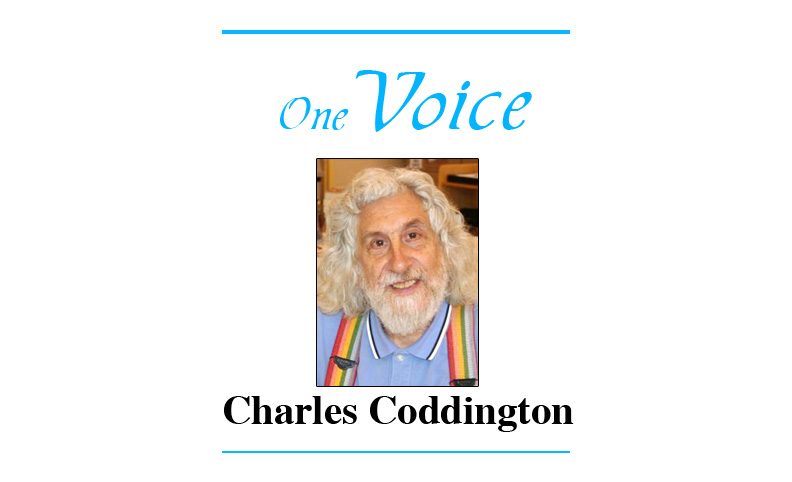
In 1937, Mr. William Randolph Hearst, newspaper-publishing tycoon, appeared before a committee of the U.S. Congress and requested that it introduce a bill prohibiting the growing, selling, and distribution of hemp. He was very disingenuous in his arguments because the hemp plant produced cannabis, a.k.a marijuana, which, he claimed, was a dangerous drug, a so-called gateway drug which led to heroin addiction. Congress subsequently passed such a law and, for the past 80 years, cannabis had been a controlled substance, the possession and/or sale of which resulted in long prison sentences.
If he understood the true nature of the hemp plant, Mr. William Randolph Hearst neglected to inform the Congress of it. The fact of the matter is that hemp has two stages in its growth. The first stage is the immature plant, or industrial hemp. The fibers at this stage have been used for centuries in the manufacture of paper, rope, canvas, clothing, and hemp oil (for fuel), among other things. Our Declaration of Independence and Constitution were printed on hemp paper as were the newspapers of the time.
It is when the plant matures and blooms that the chemical known as tetrahydrocannabinol (THC) is produced. The fibers can be shredded and combusted, and the fumes thereof are inhaled to create a high.
Mr. William Randolph Hearst was being further disingenuous when he failed to mention that he owned a lot of trees from which he hoped to harvest wood pulp to manufacture paper for his publications. Wood pulp was more expensive to harvest than hemp fibers, and wood pulp was not as strong as a result of which it had a shorter shelf life. The solution to the tycoon’s dilemma was to eliminate the competition all together by creating a false narrative.
This false narrative has been the guiding light of the so-called war on drugs until the Congress finally legalized the unlimited growing of hemp in 2018. Even so, one still will hear uninformed persons raise a hue-and-cry whenever the words hemp and cannabis are mentioned and invoke the old canard of reefer madness. But, isn’t it curious that one plant which does not kill anyone is deemed to be illegal, while another plant commonly smoked contributes to the deaths of hundreds of persons annually, but is deemed to be legal?
Now, before you jump up, dear reader, and accuses The Chas of promoting drug use, know that The Chas does not advocate the smoking of any plant simply because doing so is not healthy. On the other hand, if one is not healthy to begin with, medical studies have demonstrated that medicinal cannabis, which contains a low dosage of THC (0.3% is the legal limit), may provide relief from the symptoms of a number of diseases/disorders. The individual now has a legitimate choice.
Which brings me to an interesting article I read recently.
The article can be found on the website of Dr. Joseph Mercola (articles.mercola.com/articles/archive/2019/11/03/medicatio) who practices medicine in Hoffman Estates. In the article, Dr. Mercola interviewed Dr. Alan Frankel, an internist at GreenBridge Medical Center in Santa Monica, Calif., who has been treating patients with medicinal cannabis for the past 13 years with much success. “Cannabis is becoming more and more a reliable option,” Dr. Frankel said, “that people can count on. In general, we’re looking at whole-plant [products].”
Dr. Frankel is currently researching a new cannabinoid strain called tetrahydrocannabivarin (THCV) which is similar to THC, but is not psychoactive, although it can produce “focused euphoria.” Hemp contains 50% THC and 50% THCV; with cross-breeding, the THC can be lowered to the legal limit of 0.3%. Far from being a dangerous drug, cannabis can reduce the pain brought on by such disorders as chronic pain, myasthenia gravis, cancer, and fibromyalgia.
Dr. Frankel said the pharmaceutical industry is “terrified” by his research. And no wonder. If cannabis becomes widely accepted, Big Pharma will see the sales of its over-priced artificial chemical compounds plummet, and it will have to alter its business practices for the common good.
Just a delicious thought.

